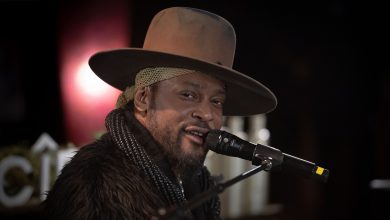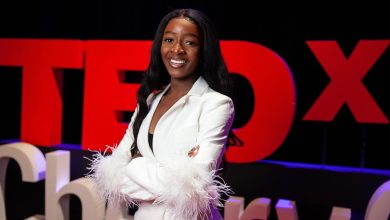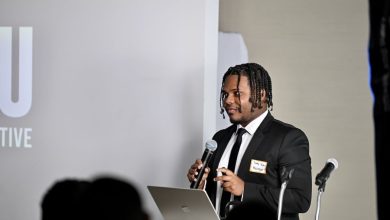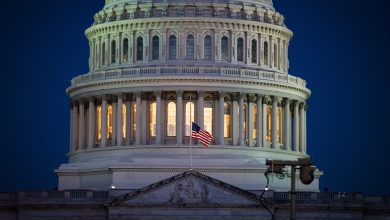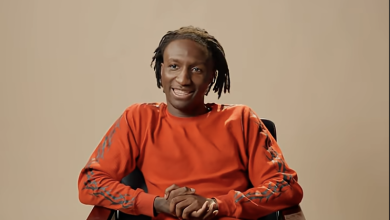Disney And NBCUniversal File First Major Studio Lawsuit Against AI Firm Over Copyright Infringement
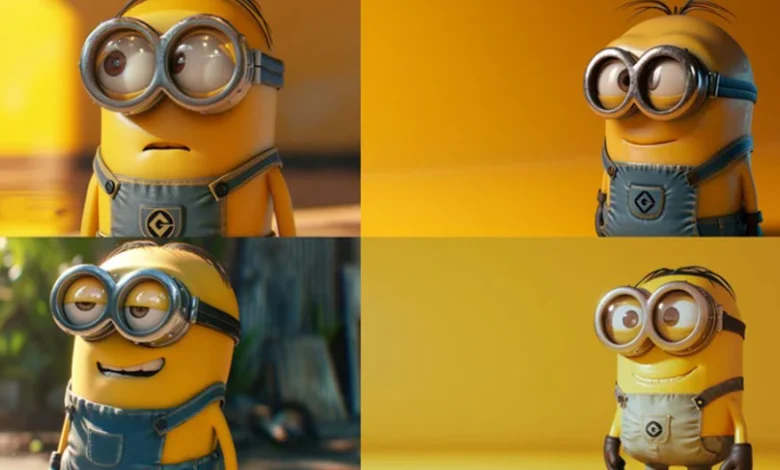

Disney and NBCUniversal have joined forces to take legal action against Midjourney, accusing the generative artificial intelligence (AI) company of copyright infringement for allegedly producing “hundreds, if not thousands” of unauthorized AI-generated images on its website.
The companies’ lawsuit, filed on Wednesday, June 11, 2025, in Los Angeles, CA, includes examples of alleged infringements featuring characters from Marvel, “Star Wars,” Disney’s “Frozen,” “The Simpsons,” Pixar’s “Toy Story” and “Cars,” DreamWorks’ “How to Train Your Dragon,” and Universal’s “Shrek” and “Despicable Me” franchises, according to Variety.
“By helping itself to Plaintiffs’ copyrighted works, and then distributing images (and soon videos) that blatantly incorporate and copy Disney’s and Universal’s famous characters — without investing a penny in their creation — Midjourney is the quintessential copyright free-rider and a bottomless pit of plagiarism,” the lawsuit states.
The complaint further states that Midjourney’s “bootlegging business model” poses a broader threat to the U.S. film industry, which has created millions of jobs and contributed over $260 billion to the American economy.
Variety reports that the Motion Picture Association praised the lawsuit, with Chairman and CEO Charles Rivkin calling strong copyright protection “the backbone of our industry.”
Founded in 2021 and based in San Francisco, CA, Midjourney launched its AI image generator in February 2022, per the lawsuit.
Disney and NBCU allege that Midjourney sells monthly subscriptions ranging from $10 to $120, allowing users to access unauthorized images generated using copyrighted characters. The AI company saw $300 million in revenue in 2024 and had nearly 21 million users as of September 2024.
“Midjourney’s infringement is calculated and willful. Plaintiffs have asked Midjourney to stop infringing their copyrighted works and, at a minimum, to adopt technological measures, which other AI services have implemented to prevent the generation of infringing material,” per the lawsuit. “But Midjourney, which has attracted millions of subscribers and made $300 million last year alone, is focused on its own bottom line and ignored Plaintiffs’ demands.”
Disney and NBCU seek unspecified damages and a court order to restrain Midjourney from using or distributing their copyrighted content.
While other copyright lawsuits against AI companies have come from record labels, authors, artists, and publishers, the Disney-NBCU case marks the first by major entertainment studios, Variety notes.
As AFROTECH™ previously told you, media companies Ziff Davis and The New York Times filed lawsuits against OpenAI and Microsoft in 2023, alleging intellectual theft.
However, in May 2025, The Times signed a multi-year agreement with Amazon to license its content for use in Amazon’s AI models. While the business move may seem like a shift from the paper’s earlier stance on AI, this time, The Times is receiving compensation for its intellectual property (IP).
Most lawsuits against OpenAI and similar companies stem from allegations that they use content without proper attribution or payment.
Regarding the Disney-NBCU lawsuit, Horacio Gutierrez, the Walt Disney Co.’s senior executive vice president, chief legal and compliance officer, said in a statement to Variety that the company’s IP is the result of decades of financial investment, innovation, and creativity — made possible by copyright protections.
“We are bullish on the promise of AI technology and optimistic about how it can be used responsibly as a tool to further human creativity,” Gutierrez said. “But piracy is piracy, and the fact that it’s done by an AI company does not make it any less infringing.”
Kim Harris, NBCUniversal’s executive vice president and general counsel, emphasized the company’s commitment to protecting both its creative talent and content investments.
“Theft is theft regardless of the technology used, and this action involves blatant infringement of our copyrights,” Harris added, per Variety.
At the time of this writing, Midjourney has not made a statement on the allegations, according to the outlet.
